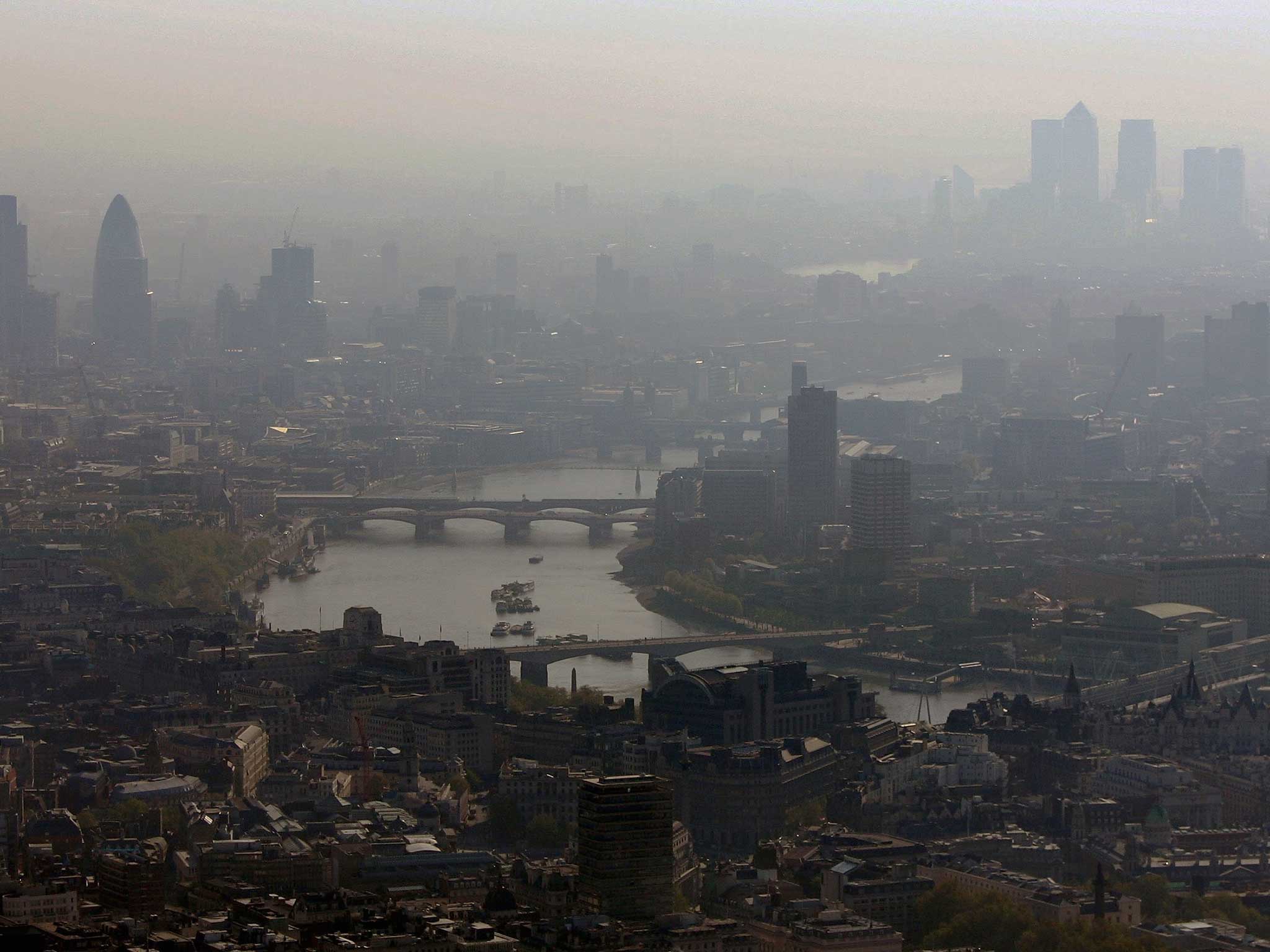11 Dec 2024

Tired Earth
By The Editorial Board

A study by King's College London found there are significant short-term health risks caused by air pollution, as well as contributing to up to 36,000 deaths every year.
The study looked at data from London, Birmingham, Bristol, Derby, Liverpool, Manchester, Nottingham, Oxford and Southampton.
It found on high pollution days - days when pollutant levels were in the top half of the annual range - there were an extra 124 cardiac arrests on average.
The figure discounts cardiac arrests suffered by patients already in hospital and is based on ambulance call data.
The research also found there was an average of 231 additional hospital admissions for stroke and an extra 193 children and adults hospitalised for asthma.
Simon Stevens, chief executive of NHS England, described the numbers as "a health emergency".
"As these new figures show, air pollution is now causing thousands of strokes, cardiac arrests and asthma attacks, so it's clear that the climate emergency is in fact also a health emergency," he said.
"Since these avoidable deaths are happening now - not in 2025 or 2050 - together we need to act now."
Mr Stevens added the NHS needs to radically reduce its own carbon footprint, as well as adapt its supply chain and transport to do its bit to cut pollutants.
The risk was found to be greatest in London, where high pollution days cause an extra 87 cardiac arrests on average, an extra 144 strokes, as well as 74 children and 33 adults hospitalised for asthma.
Birmingham saw the second-highest risk, with 12 more out-of-hospital cardiac arrests and 27 more admissions for stroke, with 15 extra children and 11 adults hospitalised for asthma.
Bristol, Liverpool, Manchester, Nottingham, Oxford and Southampton saw between two and six additional out-of-hospital heart attacks on high pollution days.
These cities saw a rise of between two and 14 extra hospitalisations for stroke, and up to 14 extra admissions for asthma.
Only Derby did not see an increase in heart attacks on high pollution days.
The full report is due to be published in November.
Source : news.sky.com
Comment